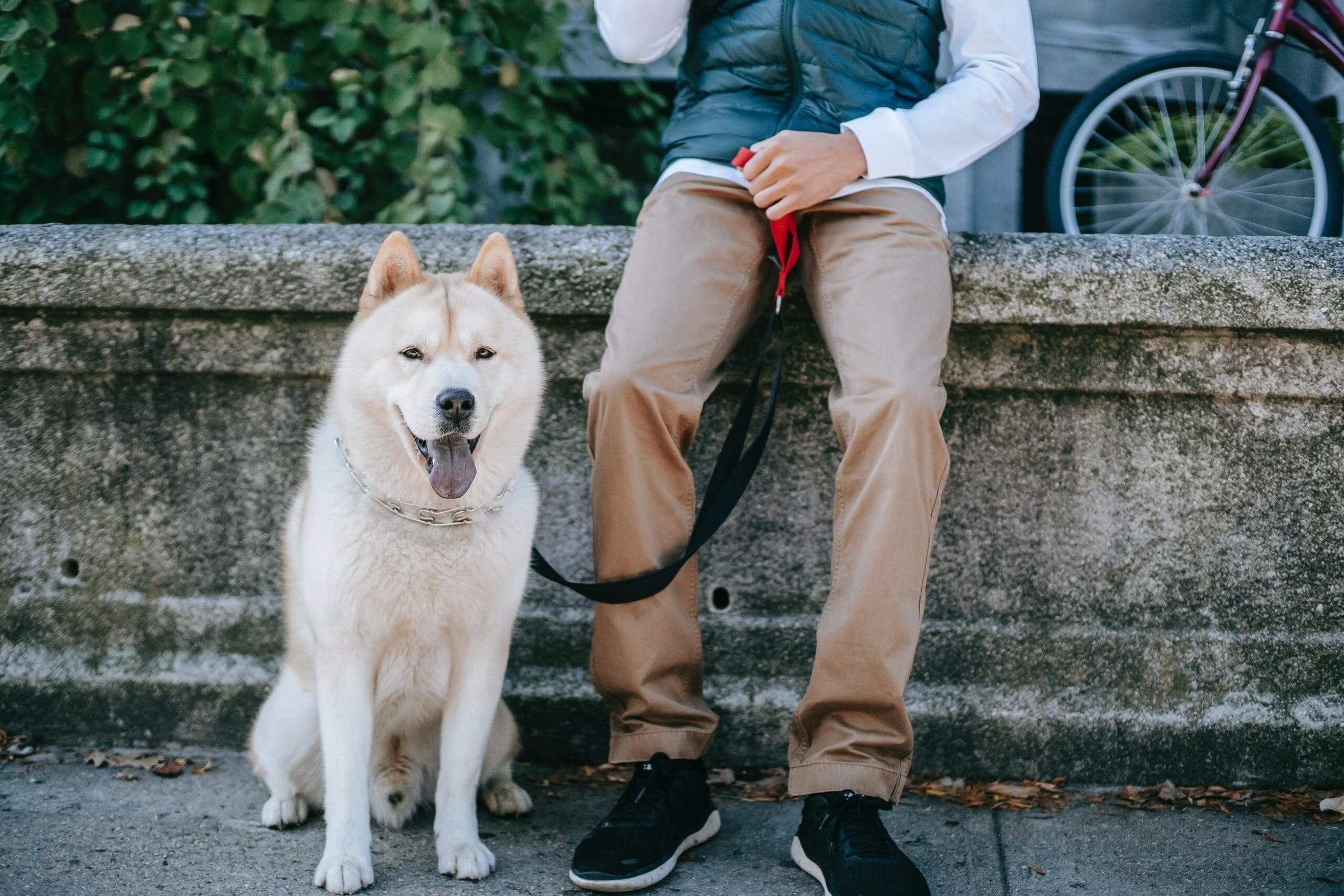Many dog owners wonder about the implications of offering their pets a bit of milk. While it may seem harmless, it’s important to grasp how dogs digest milk and the potential consequences.
The Nature of Milk and Dogs
Milk is a nutrient-rich liquid, packed with protein, calcium, vitamins, and fats. However, dogs often struggle to digest it due to lactose intolerance. Most adult dogs have reduced levels of lactase, the enzyme needed to break down lactose, which can lead to digestive issues when they consume milk. In contrast, puppies can digest their mother’s milk without problems as they have sufficient lactase.
Potential Digestive Issues
For dogs that are lactose intolerant, drinking milk can lead to several digestive problems, including diarrhea, gas, bloating, and stomach cramps. These symptoms occur when undigested lactose ferments in the intestines, causing discomfort. Even if a dog seems to enjoy milk and shows no immediate distress, reactions can vary widely among individual dogs.
Starting with Caution
If you decide to let your dog try milk, begin with a very small amount and monitor their reaction over the next few hours. Signs of gastrointestinal distress indicate that milk isn’t suitable for them. If they tolerate it well, limit milk to an occasional treat, as too much can still lead to digestive issues.
Choosing the Right Type of Milk
Not all milk is created equal. Flavored or processed varieties may contain harmful additives or sweeteners, such as chocolate or xylitol, which are toxic to dogs. Always offer plain milk and ensure it lacks harmful ingredients.
Alternative Options for Dogs
For lactose-intolerant dogs, lactose-free milk can be a safer alternative. Additionally, there are specially formulated dog milk products that are easier on their digestive systems. These alternatives allow dogs to enjoy the taste of milk without the discomfort.
Nutritional Considerations
While milk is a source of calcium and protein, most dogs receive sufficient nutrients from their regular diet, especially if they consume high-quality dog food. Adding milk to their diet often doesn’t provide significant nutritional benefits and can lead to digestive problems. A balanced diet tailored to a dog’s specific needs is the best way to ensure their health.
Age and Digestive Tolerance
Age plays a role in how dogs process milk. Puppies benefit from milk as a source of hydration and nutrition, but it should come from their mother or a specially formulated puppy milk replacer. Senior dogs may also face challenges with lactose digestion, as enzyme levels can decline with age. Monitoring their reactions is essential if they are given milk later in life.
Exploring Other Dairy Options
If your dog enjoys dairy, options like plain yogurt can be a better choice than milk. Yogurt contains probiotics that aid digestion, and many dogs find it tasty. Choose plain yogurt without added sugars or artificial flavors and start with a small amount to ensure tolerance.
Prioritizing Health and Safety
Dogs have different dietary needs than humans, and what is safe for us may not be suitable for them. Prioritizing a dog’s health over the joy of sharing treats is paramount. Many dogs thrive on their regular diet and occasional dog-safe snacks, providing satisfaction without risk.
Regular veterinary check-ups are crucial for monitoring your dog’s health and nutritional needs. If you have concerns about your pet’s diet or specific foods, a veterinarian can offer tailored advice to ensure your dog receives the right balance of nutrients.
Fostering Bonds Through Safe Treats
Feeding dogs can foster a strong bond between owners and their pets. If you choose to share food, including milk, ensure it’s safe for dogs. This consideration protects their health and allows for enjoyable moments together.
Understanding the implications of giving your dog milk involves recognizing individual tolerance and the type of milk offered. By being mindful of dietary needs and preferences, you can help maintain your dog’s happiness and health. Always prioritize their well-being in any treat you provide, as love and attention often serve as the best gifts for your furry friend.



